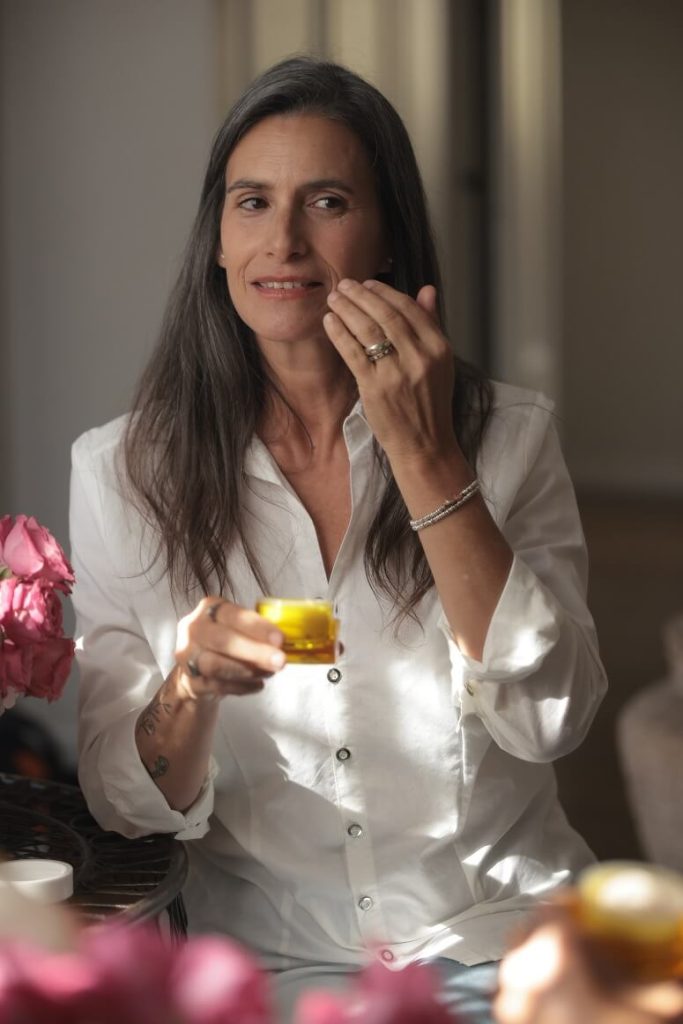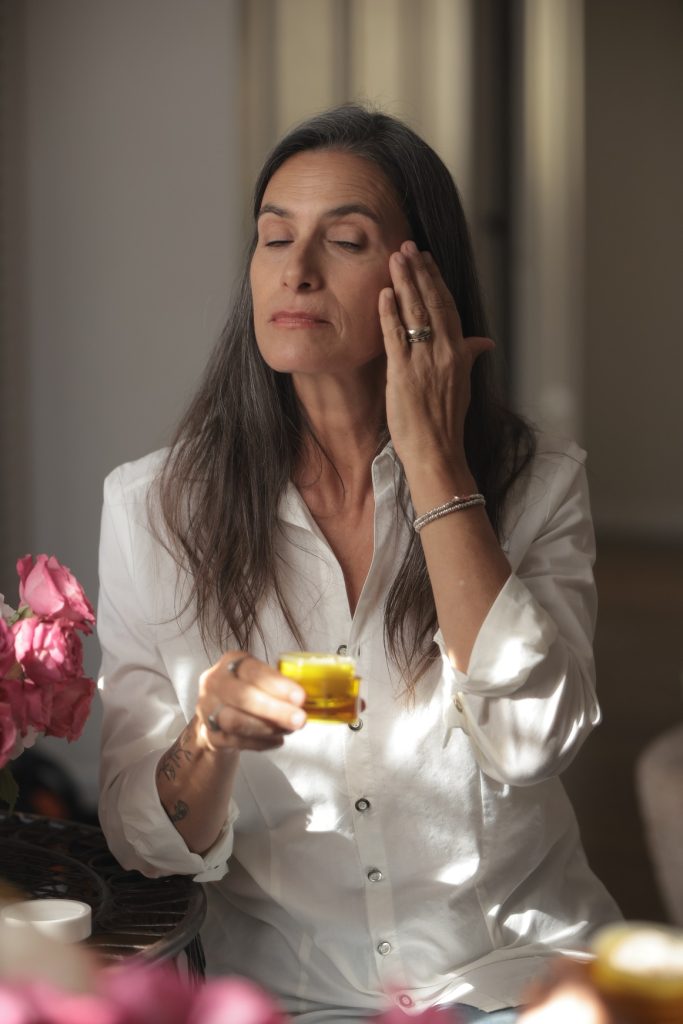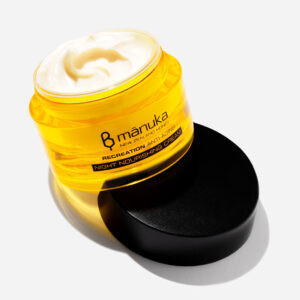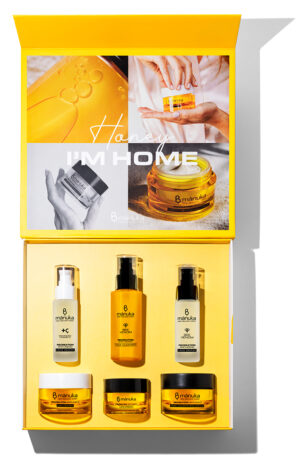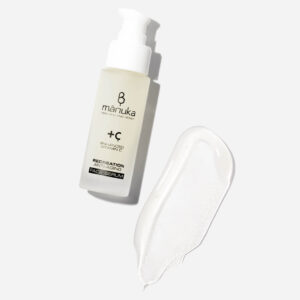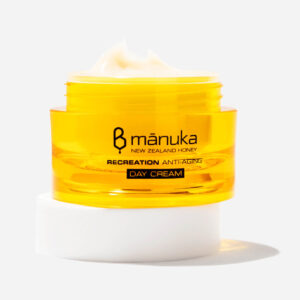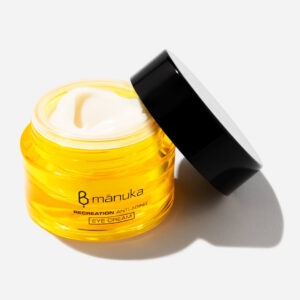Skin care at night before sleeping
There is a widespread belief in the world of cosmetics that day cream and night cream should be differentiated. In this article, we will briefly explain how to use day cream and night cream, and which creams are helpful in skincare and treating facial wrinkles.
What’s the story of day cream?
You can use the day cream on your body to add layers of protection and nutrition to care for and defend your skin. In Israel’s summer climate, day cream tends to be lighter to avoid the sensation of a heavy “mask” layer. As a result, day creams in Israel tend to be light, rather than rich, so long as they provide adequate nutrition and protection.
Is there a point to skin care at night time?
The story is a bit different when it comes to facial cream for the night. Opinions are somewhat divided on the issue. Meanwhile many influencers and professionals believe that skin needs nourishment at night and that it’s very advisable to make the most of this by applying facial cream at night.
Nourishing night cream tend to be heavier and richer. Again, based on the assumption that they’re intended to do more work and help the skin heal itself at nighttime. Night creams may be heavier and richer, since there is no sunlight and people are in bed. So long as you don’t sleep facedown, you can generously apply the cream and let it do its work uninterrupted.
Night cream with manuka honey
If you’re already applying facial or night cream, we recommend opting for one free of poisonous or unpleasant materials, such as SLS, parabens, and many others. We recommend checking the list of ingredients, particularly in the case of a cream that will stay on your skin for a long time, particularly during the time that your skin tries to renew itself. For example, Bmanuka products are SLS free and paraben free. And what do they contain?
Bmanuka cosmetics, such as nourishing night cream, contain manuka honey and bee venom – ingredients scientifically proven to have various benefits and helpful compounds. Manuka honey itself has been described as 4 times more effective as other honeys.
How do you care for your face at night?
Each woman has her own care routine, but there are a few rules of thumb you can follow to make the most of your nightly routine. The first rule of thumb is to go from lightest to heaviest, or from most liquid to most creamy. Generally speaking: from heavy to light. That said, it’s likely that you want to first use products that really penetrate the skin (such as serums with antioxidants) and finish with products intended to be laid on top.
The first phase is cleansing. Remove the day’s dirt. Whether the issue is oils accumulated on (or were added to) facial skin, the dust of the day, makeup, or so on. If you put on makeup, make sure to remove it completely. In the second phase, use the most delicate materials or those that penetrate the skin most deeply. Use them after washing your skin. In the third phase, you can add your eye cream (if it’s part of your care routine).
They are intended to defend the sensitive skin in this area from the effects of other care products. Some other care products may create irritation around the eyes. But if that’s what happens from the outset, it may be worthwhile to examine how and even stop use (as you think right). In the fifth phase, you can add “more effective” materials, such as serums with active ingredients; we recommend using Bmanuka’s bee venom serum. In the sixth and final phase, you can use your night cream. This is also available in an edition with manuka honey and bee venom so you can enjoy its benefits. Manuka honey can help nourish the skin, conserve moisture, and even have other mysterious benefits.”
